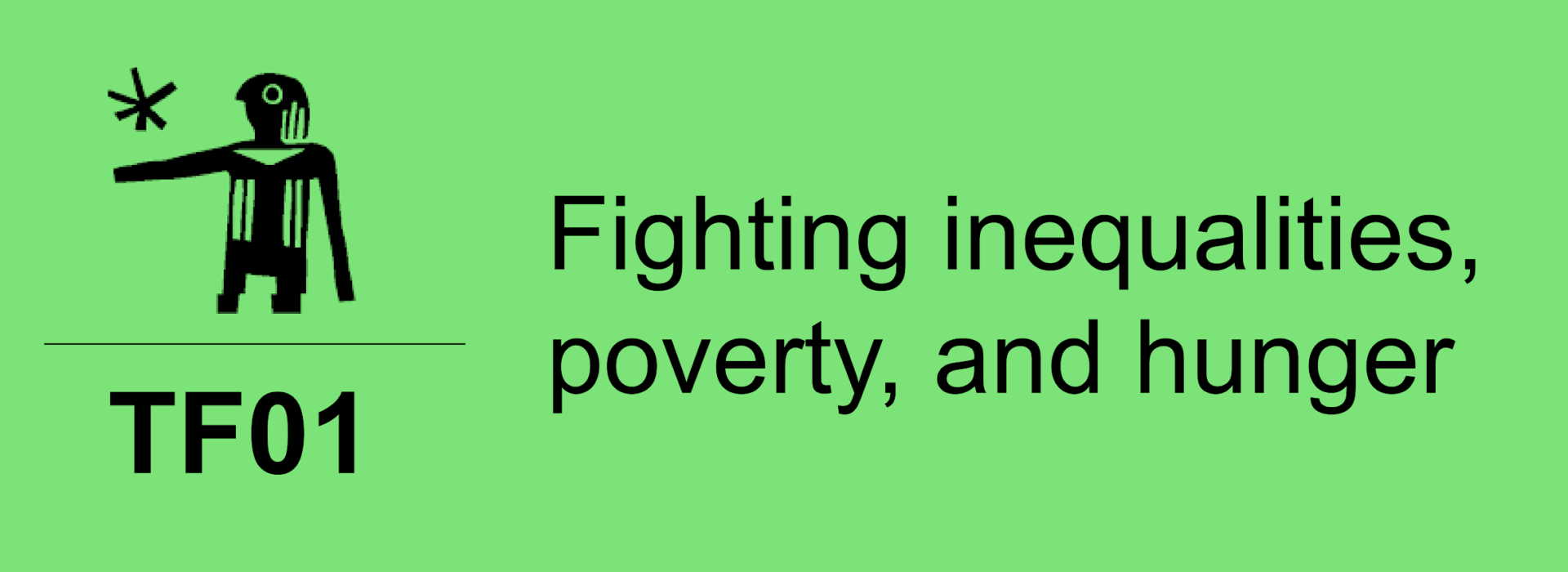Animal production systems that disregard the dignity of sentient living beings are prevalent across the globe. Yet, they play a key role in generating agricultural income and supporting human food supply. Intensive animal production nowadays is highly dependent on antibiotics, increasing the risk of antimicrobial resistance (AMR) that simultaneously affects human and animal health and the environment. The advance of AMR is one of the greatest contemporary threats to global health. At the same time, approximately 40% of the world’s grain is fed to livestock rather than consumed by humans. This grain production is highly subsidised all around the world. Consequently, feeding these animals has a high socio-environmental cost, given the burden it represents over public finances and the use of areas that could be destined for human food or biome regeneration. Furthermore, the supply of animal-source foods (except in Sub-Saharan Africa) is far greater than what is needed to meet human nutritional requirements, raising the issue of equity. Animal production systems should rapidly change to significantly reduce the use of antimicrobials and provide safe and sustainable diets through public policies based on the One Health approach, e.g., by encouraging preventive working standards, improving biosecurity measures, using alternatives to antimicrobials and direct subsidies to plant diversification. Reducing animal density in intensive production systems is essential to afford farmed animals an improved animal welfare. Other efficient measures to optimise the use and minimise the need for antibiotics include promoting a more diversified diet, predominantly sub-products, healthy and enriched breeding environments, and genetically diverse and immunologically robust animals. Strengthening local production, diversifying, and increasing the presence of a variety of plant-sourced products in diets are also part of policies for the sector.
Register for Updates
Would you like to receive updates on the Global Solutions Initiative, upcoming events, G7 and G20-related developments and the future of multilateralism? Then subscribe here!
1 You hereby agree that the personal data provided may be used for the purpose of updates on the Global Solutions Initiative by the Global Solutions Initiative Foundation gemeinnützige GmbH. Your consent is revocable at any time (by e-mail to contact@global-solutions-initiative.org or to the contact data given in the imprint). The update is sent in accordance with the privacy policy and to advertise the Global Solutions Initiative’s own products and services.









